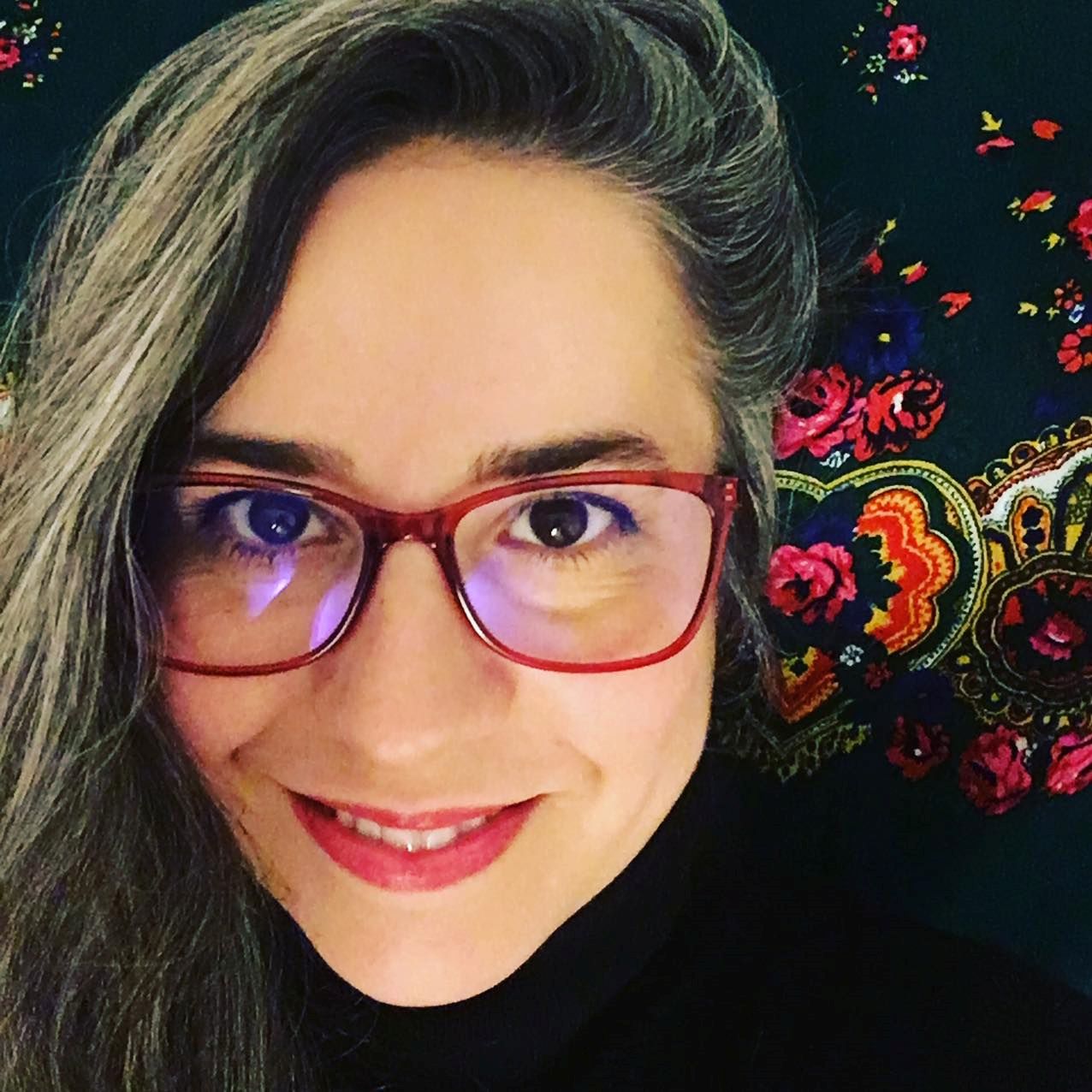Nurcin Ileri
Visiting Fellow
- E-mail: nurcinileri@gmail.com
- Department: Research Fellows
Nurcin Ileri received her PhD from the Department of History at Binghamton University in 2015. Her dissertation, A Nocturnal History of fin de siècle Istanbul, casts light on the social and material geographies of night that went beyond the dichotomies of the ‘city of glittering leisure and consumption,’ or the ‘city of indigence and vice.’ Her dissertation research has led to several publications in peer-reviewed journals including Comparative Studies of South Asia, Africa and the Middle East, Journal of the Ottoman and Turkish Studies Association, Etudes balkaniques, and New Perspectives on Turkey. She spent one year as a post-doctoral scholar in the Department of History at the Université Grenoble Alpes (2018-2019) and six months as a visiting researcher at the Center of Metropolitan Studies of Technische Universität Berlin (2019-2020). Between 2020-2023, she was a EUME Fellow associated with the IGK Work and Human Life Cycle in Global History (re:work) of Humboldt-Universität zu Berlin. With the financial support of the Gerda Henkel Foundation, she continues to be a visiting researcher at the Forum Transregionale Studien in Berlin and the International Institute of Social History in Amsterdam.
İleri’s research inquiries and areas of focus are shaped by the theoretical and methodological frameworks employed in the expansive disciplines of transnational history and environmental humanities. Her works explore the intricate interplay between global capitalism, nationalism, gender, race, labor, and material cultures. Her current project delves into the social and environmental histories of electricity during the late Ottoman and early Republican periods in Istanbul (1876-1939). She poses inquiries concerning how networks comprising artifacts, knowledge, labor, and political ideologies associated with electrical infrastructure contributed to the establishment of new hierarchies and inequalities across institutions, the natural and built environment of the city, and everyday life. Her goal is to reveal how the supply and use of electrical energy in Istanbul in the transition period form empire to nation state stands at the intersection of transnational political and economic networks and tells another history of global capitalism both in the Middle Eastern and European contexts.



